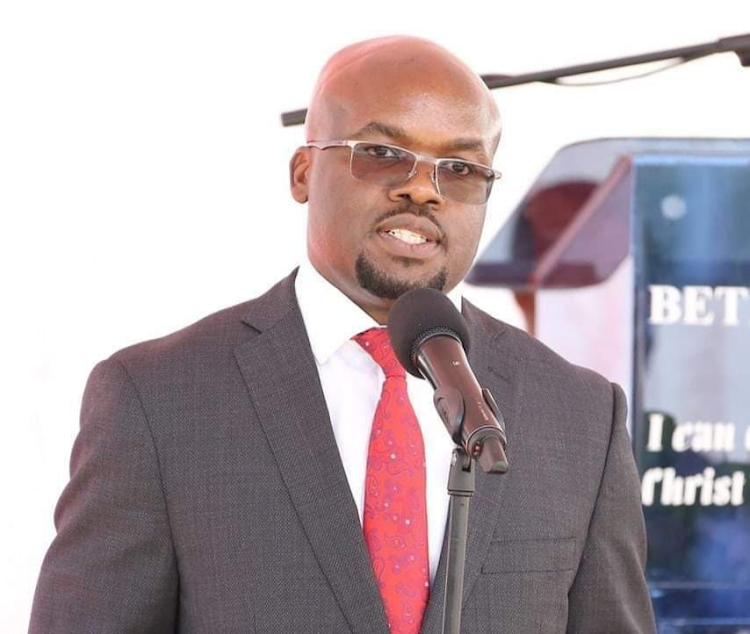The government has unveiled a transparent and community-focused approach to allocating affordable housing units in Nairobi’s Mukuru slums, marking a significant step toward transforming the lives of thousands of informal settlers.
Speaking on the milestone, Interior Principal Secretary Dr. Raymond Omollo emphasized that the allocation process was anchored on fairness and inclusivity, with a rigorous door-to-door enumeration exercise laying the groundwork. “Each household was identified, verified, and issued with a unique number,” said Omollo, noting this system formed the basis for shortlisting beneficiaries for the first phase of the housing programme.
The Mukuru affordable housing units, officially handed over by President William Ruto in May, now accommodate 621 families. The completed phase comprises five blocks—A, AB, AC, AD, and AE—with 181 households in Block A, 202 in Block AB, 72 in Block AC, 93 in Block AD, and 73 in Block AE.
Omollo cited the Kenyan drill anthem “Dream ya kutoka kwa block” by Buruklyn Boyz to illustrate how the dreams of Mukuru residents are now being realised. “That dream is becoming a reality for hundreds of families who once lived in informal settlements,” he remarked.
Beyond residential units, the development includes 50 newly constructed shops designed to promote local entrepreneurship. “Registered applicants who expressed interest in doing business within the estate will undergo a draw to ensure fair allocation,” Omollo added, highlighting the government’s holistic approach to housing that integrates livelihoods.
The housing project is part of the national Affordable Housing Programme, which aims to provide dignified living conditions for all Kenyans. The next phase of the Mukuru project is already underway, targeting the delivery of 1,296 additional units. Enumeration for future beneficiaries is ongoing across the wider Mukuru area.
Upon completion, the full project will provide 5,616 units, including bedsitters and one- and two-bedroom apartments. With an estimated 6,000 people currently living in the slums, Omollo said the initiative represents a broader government commitment to eradicating informal settlements.
“The ‘dream ya kutoka kwa block’ is no longer just a verse,” Omollo concluded. “It is a lived reality—an anthem in many households in Mukuru.”

